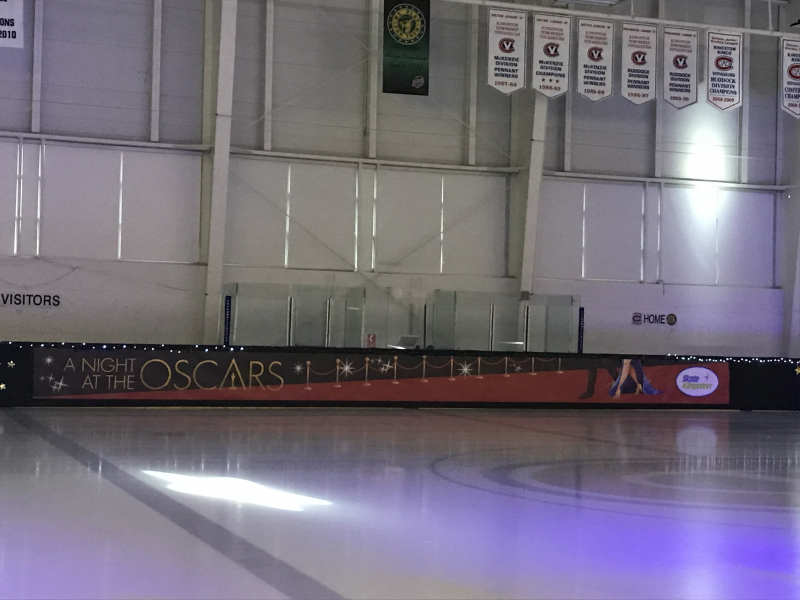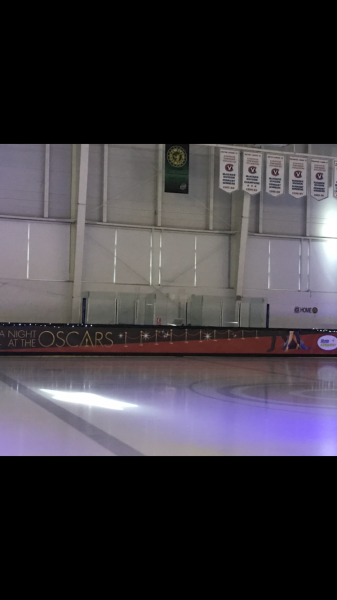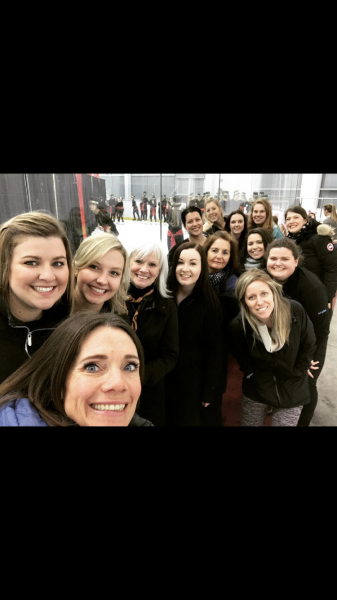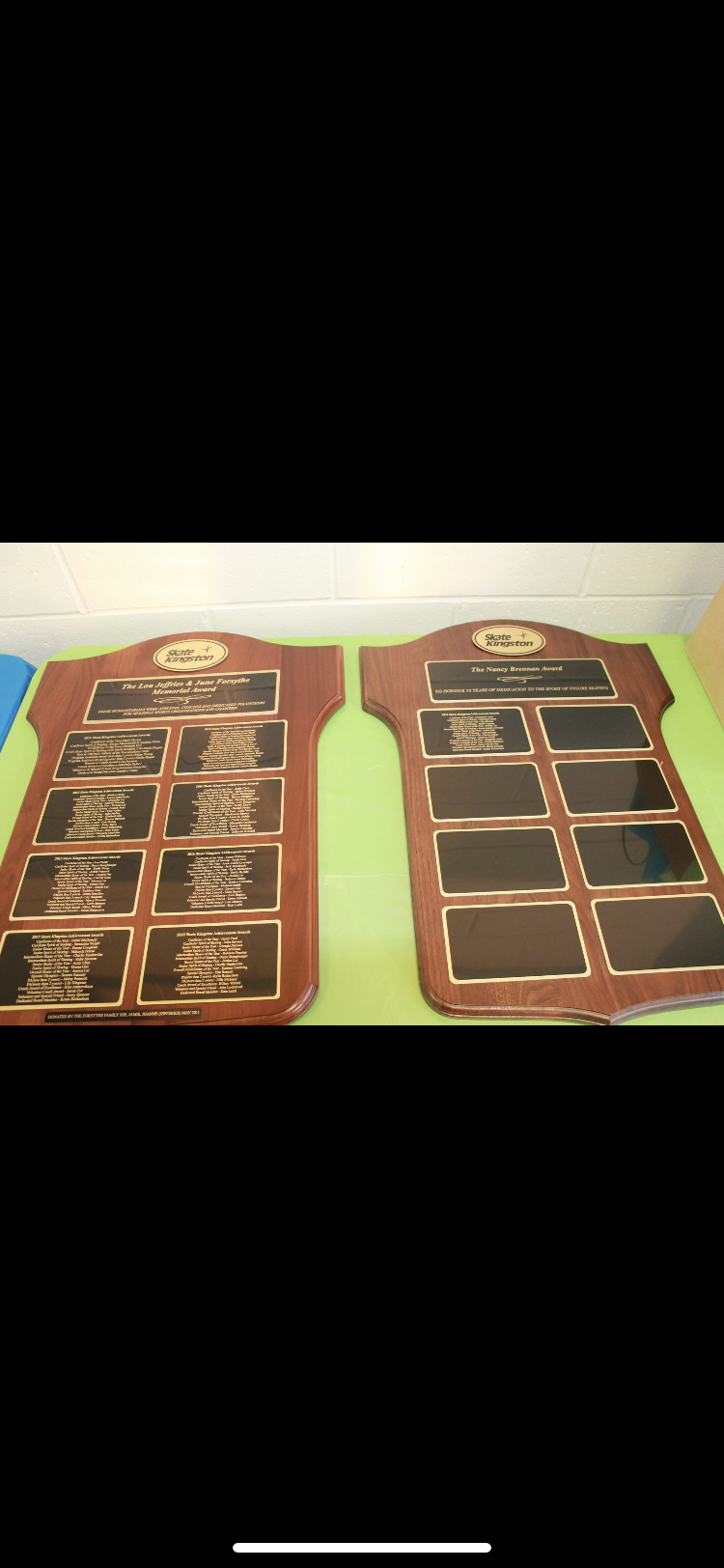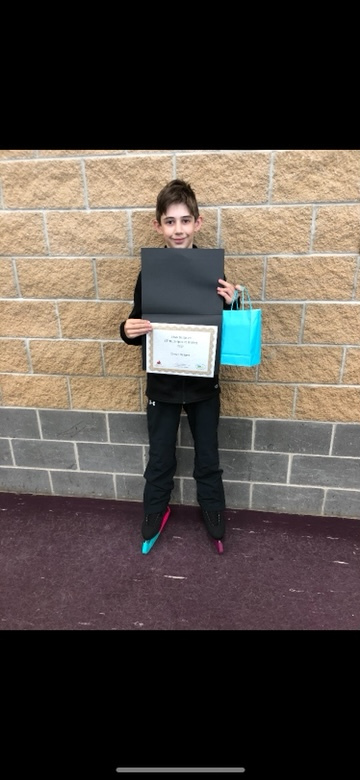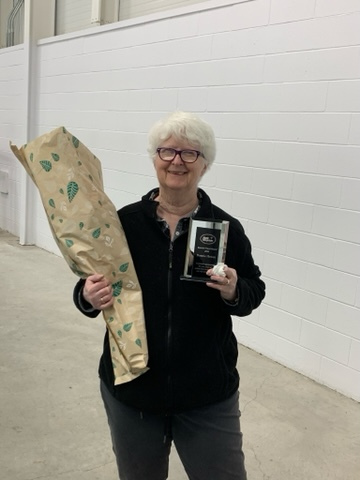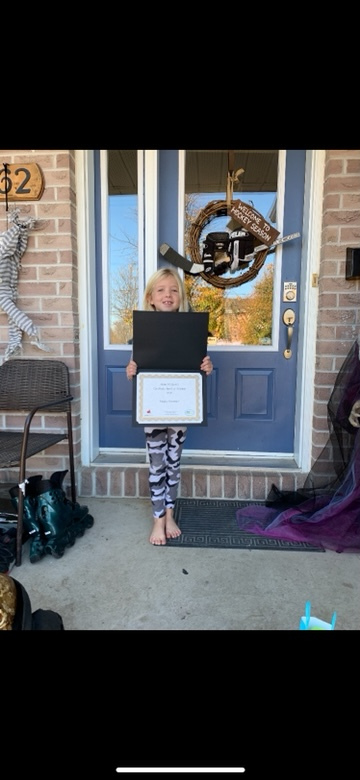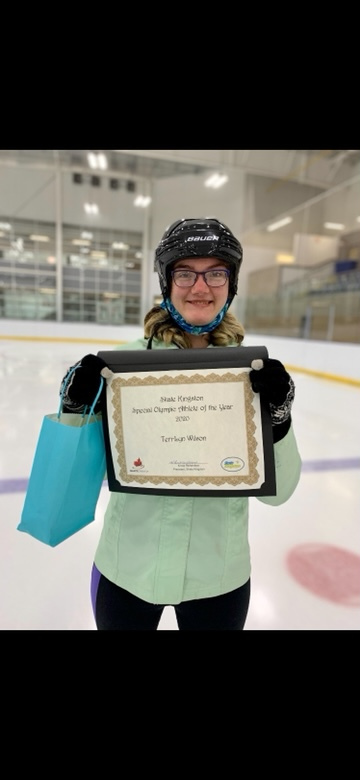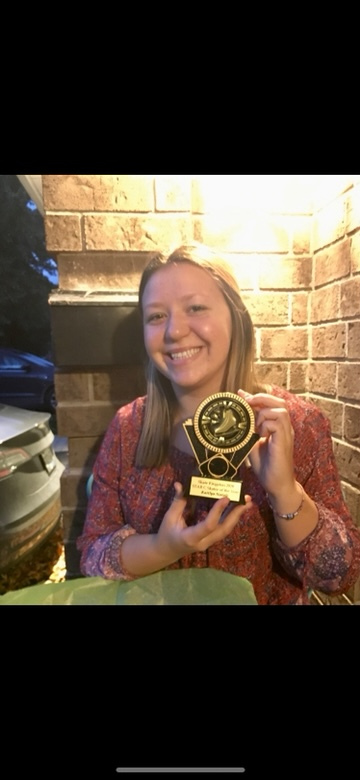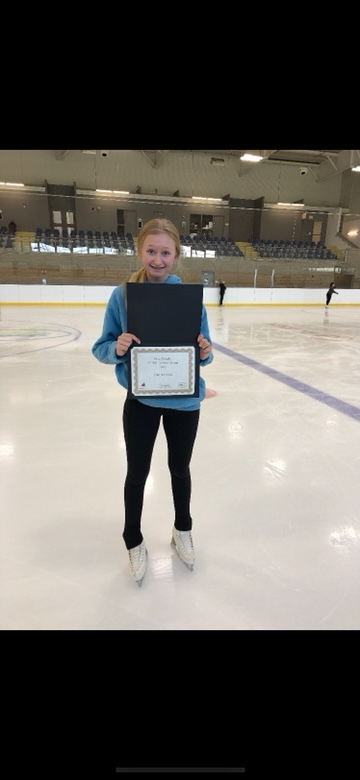CanSkate Parent Orientation
Download PDF here
Welcome back to our returning members and a warm welcome to our new Skate Kingston CanSkaters and their parents! We will be providing you with lots of information over the year and opportunities to ask questions, provide feedback and participate. The year will be filled with fun and we hope that you and your children enjoy the Skate Kingston CanSkate program!
Tonya will be available for questions at the rink, via email or by phone. If you have any concerns or perhaps even a compliment, we’d be happy to hear from you.
WHAT IS CANSKATE?
CanSkate, Skate Canada’s learn to skate program, is one of the most sought after skating programs in the world. CanSkate was developed by experts to teach the fundamentals of skating in a progressive and sequential manner. Designed for beginners of all ages, the focus is on fun, participation and basic skill development. Participants earn ribbons and badges as skills are mastered. Skaters are taught in a group lesson format by a NCCP certified professional coach, assisted by trained program assistants. When your child registers for the CanSkate program at Skate Kingston, they also become a member of Skate Canada, the national sport governing body for figure skating in Canada. Membership benefits in the CanSkate program can include:
- Badges
- Stickers
- Tattoos
- Colouring sheets
- Parent information sheets
- Progress updates and report cards
· Special CanSkate events and club functions - Opportunity to be talent-scouted
· Opportunity to participate in a positive healthy lifestyle activity
Standards have been nationally developed and tested for success by experts and are a part of our CanSkate program. On-ice activities require 90% movement – skaters are moving and learning using circuits and stations to practice skills; use teaching aids and music; use activities and games according to age groups and award CanSkate badges as skills are mastered.
PROGRAM STRUCTURE
The CanSkate program curriculum is organized into three Fundamental Areas. The Fundamental Areas are:
- AGILITY: Concentrating on most turning and jumping skills
- BALANCE: Concentrating on most forward skills, pushing technique and edges.
- CONTROL: Concentrating on most backwards skills, stopping and speed elements.
These are the ABC’s of the CanSkate Program.
The awards consist of:
- Three Fundamental Area ribbons for each Stage
- Six stage badges
To receive a stage badge, skaters must achieve all Fundamental Area ribbons (Balance, Control and Agility) from the corresponding stage. The skill requirements for each Fundamental are indicated on the report card.
EXAMPLE OF RIBBONS AND BADGES:

A CanSkate session consists of four main components:
- Warm-up
- Lesson time
- Group activity
- Cool down
THE FIRST SESSION
The first day on the ice is a lot of fun for your child but it is also a hectic one for the coaching staff. Although the groups are prearranged based on information that you give us, we often find that groups will need to be rearranged and new skaters tested to see what level they truly fit into. Tonya will be moving skaters around to new groups to make the groups more equal in ability, age and needs.
THE REMAINING PORTION OF THE SEASON
We will also be moving skaters to new groups throughout the season to meet the needs of the skaters. Please check your child’s name tag and the group lists posted on the bulletin board each week to make sure that your child is still in the same group. Your child’s name tag will have the colour of their group on it. Most groups will progress together, but there are times when one or two skaters would benefit more from being in a different group. We are here for your child, so if movement from one group to another is an ‘issue’ for your child, please let Tonya know! Our goal is to have fun and learn, and that can only happen when the children are comfortable and happy.
HOW THE SESSION RUNS
Our CanSkate sessions are 45 minutes in length.
FIRST 7 MINUTES: Warm up – all skaters
The warm-up is a time to welcome your child onto the ice. They will proceed to follow a PA around the perimeter of the ice in the fast track zone in a motivational, high-energy environment. The Pre-CanSkaters will go to their own zone for a warm-up with their PA.
NEXT 38 MINUTES:
- Stage 1 – 5 Rotation between 3 Zones
- 10 Minute Lesson
- 1 Minute Fast Track
- 10 Minute Lesson
- 1 Minute Fast Track
- 10 Minute Lesson
- 4 Minute Group Activity
- 2 Minute Cool Down
There will be 3 groups divided by ability, then age. Each group will be led by a PA and will start in Zone 1, Zone 2 or Zone 3. In zones 1 and 2 they will work on Agility and Control. In Zone 3 they will work on Balance with our Fun Zone included. Fun Zone is exactly what is says “FUN”. The CanSkaters are still learning their Fundamental but with a twist of fun incorporated. You may see them using a basketball net, hula hoops, parachute, hockey sticks, etc. They will spend 10 minutes in each Zone with a Professional Coach or a Senior PA. At the end of the first and second 10 minute lesson they will be led by their PA around the fast track on the perimeter of the ice before going to their next Zone with a different coach.
Pre-CanSkaters will warm-up and have lessons in the same zone at quarter of the ice for the entire session. Pre-CanSkaters are skaters who have never skated before and who are not confident with their balance on the ice regardless of age. They work on the essentials needed to move safely and effectively on the ice so that they can rotate to the different learning stations. There are eight basic skills designed to ready them for Stage 1. Once skaters are mobile and feel comfortable rotating between zones they will be moved to a different group. Some children may move quickly out of this group while others will feel more comfortable staying for the season. Each skater will be assessed by the coach and Skating Director regarding movement to the rotational schedule.
Group Activity – All Skaters – not including PreCan.
The Group Activity which is lead by a Professional Coach immediately follows the third lesson time and is designed to provide additional practice opportunities in a fun and interactive way. This time is to encourage agility, balance, control and challenge development. The skaters will be using the full ice for this time.
Cool Down
During this time PA’s will take skaters around a few laps of the ice and work their way to the exits. They may also be handing out stickers, colouring sheets, calendar, seasonal fun stuff and/or information.
PROGRAM ASSISTANTS AND PROFESSIONAL COACHES
The CanSkate program runs with lessons from a professional coach and assistance from ‘Program Assistants’ or PAs. The Professional coach will prepare the lessons, teach the skills, keep records of progress and be available to answer questions about your child. Your child will receive a minimum of 20min of lesson time from a Professional Coach. The Program Assistant is not a professional coach. They are young skaters who are helping our club and your CanSkate program. They are on the ice to ‘assist’ the professional coach and to lead aspects of the program. They supervise the rotation of groups between zones and around fast track, take attendance, hand out weekly motivators and incentives such as stickers and act as role models for your child. If you have any concerns about your child’s group and the lessons, you must speak to the professional coach or to Tonya and not to the Program Assistant. You may of course ask the PA to get the professional coach!
BADGES
As your child progresses, awards are handed out in the way of ribbons and badges. As soon as the skills are mastered for a ribbon they will receive it the following week. Badges will be given out with Report Cards at the end of each ten-week session.
REPORT CARDS
Progress Report Cards are given out at the end of each ten-week session. The report will keep you up to date on the progress of your child and will include comments from the professional coach. These are for you to keep as we keep a copy of each skater’s progress. Assessment will begin in the 4th week of the program and reports will be given out at the end of each 10-week session.
SPECIAL CANSKATE DAYS AND OTHER EVENTS You will receive a calendar each month which will list special ‘theme’ days for the skaters. Participation in these theme days is a lot of fun, so don’t forget them!
IMPORTANT CANSKATE PARENT INFORMATION
# 1 EQUIPMENT
Most department and sports stores and specialty skate shops sell skating equipment in a variety of price and quality ranges. Before buying skates, check carefully for:
- proper fit
- firm ankle support
- good quality leather
- correct blade placement
Avoid buying skates that are a larger size. Please check when your child has the skates on that the skates ‘stand up straight’. There are some entry-level skates that have the blades riveted on at odd angles making skating impossible. We will communicate with any parent whose child has a pair of skates that will restrict learning. When tying your child’s skates, if there is excess lace please hook it around the hooks a few more times, or cut the lace to a good size. Please do not wrap the laces around your child’s ankle.
#2 SHARPENING YOUR SKATES
- sharpen skates as soon as they are purchased
- use a good skate-sharpening company
- re-sharpen skates after approximately 30 hours of skating (depending on usage and care)
- the bottom pick should not be removed – the pick is part of the design of figure skates and is essential to proper balance
#3 CLOTHING
Please dress your children warmly as you would if they were going outside to play in the winter, as it is cold in a skating rink. If your children are cold, they may not enjoy their skating experience.
#4 SAFETY HELMETS ARE MANDATORY ON THE CANSKATE SESSION
PLEASE MAKE SURE YOUR CHILD IS WEARING A CSA CERTIFIED HOCKEY HELMET
Preventing an injury is better than dealing with one. Skate Canada clubs and coaches endeavour to plan sessions with “safety first” in mind. Here are basic safety rules that skaters should follow on every Skate Canada session:
- Equipment should be checked regularly to see that it is appropriate, fits and is in good repair.
- Do warm ups and cool downs which include stroking and slow stretching. Some of these exercises may be done off the ice.
- Any skater with a previous injury must be 100% recovered before returning to the ice.
- Get up quickly after falling down
- Look in the direction of travel when skating backwards
- No pushing, playing tag or bumping into others or the boards
- No gum or candy on the ice
- Sharp objects should not be carried in pockets
- Starts and stops should be done a safe distance from the boards.
- Laces should be tucked into the top of the boot. The laces should never be wrapped around the top of the boot as it is a safety hazard and circulation to the foot may be cut off.
Coaches and club administrators should be advised of any skaters with special medical conditions.
CANSKATE DIRECTOR:
Tonya Van De Ven
613-453-7689

